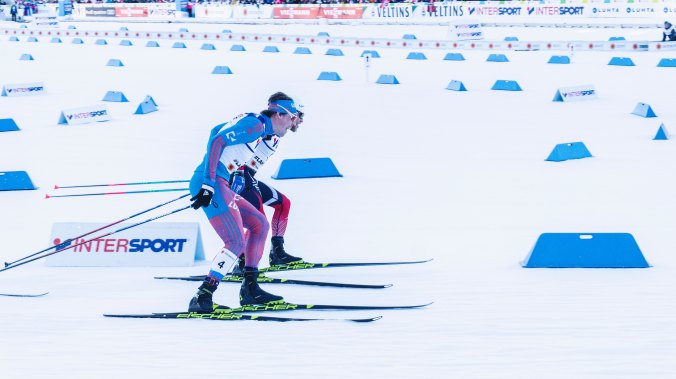
It’s more complicated than you may think.
Caffeine has been consistently shown to improve athletic performance, and its consumption has been subjected to ongoing scrutiny for elite athletes.
Today, Olympic athletes are permitted to enjoy a cup of coffee before competing. But between 1984-2004, the World Anti-Doping Agency (WADA) banned high concentrations of caffeine from all Olympic events.
Monitoring caffeine levels is uniquely complicated. It is commonly consumed in foods and beverages as a part of athletes’ normal diets, and not directly to boost their performance. Caffeine is also metabolized at different rates, making it hard to determine usage patterns through blood work.
Because performance-enhancing doses of the stimulant were found to be almost indistinguishable from normal consumption, the WADA pulled the caffeine restrictions to prevent penalizing athletes unfairly, reports the Washington Post.
According to a WADA spokesperson, the organization determined that caffeine no longer met at least two of three criteria for inclusion on the prohibited list. The criteria for banning a drug are that:
- It has the potential to enhance sport performance
- It represents a health risk to the athletes
- It violates the spirit of sport
However, caffeine isn’t completely in the clear. The stimulant remains on the WADA watch list for 2018, and athletes’ caffeine levels are still actively monitored for patterns of use.
Even if the ban is reinstated, athletes would not likely have to abstain from coffee completely. The legal limit under previous restrictions was 12 microgram/ml in urine, which is roughly equivalent to drinking 8 servings of espressos over the course of a few hours.